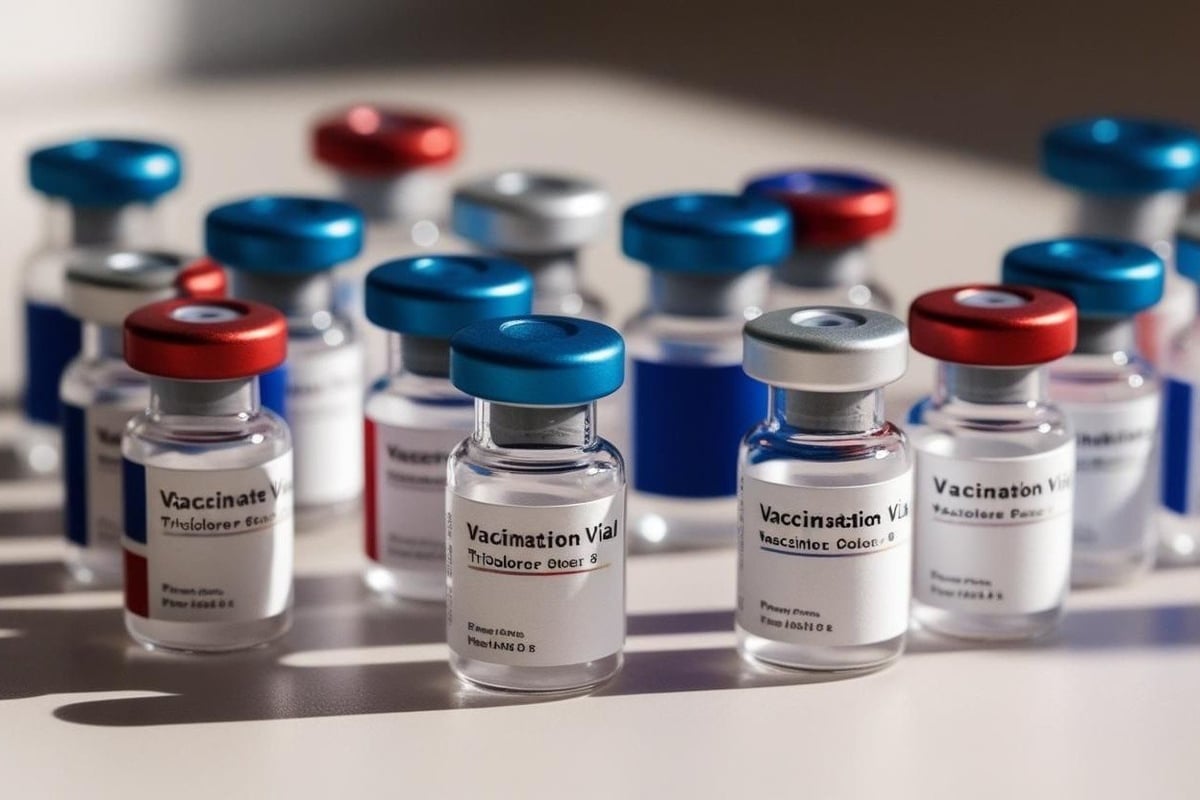December 5, 2025 | 18:30 GMT +7
December 5, 2025 | 18:30 GMT +7
Hotline: 0913.378.918
December 5, 2025 | 18:30 GMT +7
Hotline: 0913.378.918

In 2023, France became the world's first larger poultry producer to launch a nationwide vaccine campaign against highly pathogenic avian influenza. Photo: Canva.
The department also will no longer buy the vaccines but transfer the responsibly to the sectors and organisations themselves.
“That decision, which was first announced via the press and without any consultation, leads to severe worries and a strong disgruntlement among farmers and other professionals in the sectors,” organisations for the poultry industry, egg producers and also the hunting world say in a joint statement.
“This significant reduction of the co-financing by the government will lead to a rejection by some farmers, undermining the cohesion and the success of the vaccination campaign and, as a consequence, increases the zoonotic risk for the public health. The collective acceptance of the campaign permits the guarantee of its efficiency. We absolutely have to maintain the motivation of all players in the sectors involved,” the statement added.
“Maintaining the contribution of the state at 70% is vital for the efficiency of the vaccination, which prevents the culling of many thousands of animals at high costs for the government for compensation of the farmers,” they said.
Those costs amounted to well over €1 billion during previous large outbreaks of avian influenza in the country. The French poultry industry also points to other parts of the world: “The situation in other regions, like the US or closer to us Hungary, shows that the vaccination strategy against avian influenza is the only solution to prevent a health catastrophe. The State has to continue to take her responsibilities.”
In 2023, France became the world’s first larger poultry producer to launch a nationwide vaccine campaign against highly pathogenic avian influenza after a number of successive huge outbreaks with the cull of millions of ducks, chicken and other poultry.
“France’s vaccination policy has paid off,” agriculture minister Annie Genevard said earlier in parliament. “France has regained its status as a (bird flu-)free country. The risk level is now moderate and restrictions are lifted.”
However, she was forced to announce the reduction in the co-financing for the 2025/26 season, mainly because of large cuts needed in French government spending. The department of agriculture has not officially announced the decision but has confirmed the cuts to the sector organisation and the French agricultural press.
(PW)
/2025/12/02/2629-3-141849_60.jpg)
(VAN) Based on its large-scale planted forests, several rubber enterprises have proactively conducted greenhouse gas emission inventories in preparation for entering the forest carbon credit market.

(VAN) MAE is leading in developing a national rare earth strategy, which will be submitted to the competent authorities for promulgation in early 2026.
/2025/12/02/4006-4-092040_652.jpg)
(VAN) The model of converting low-efficiency rice land to aquaculture in many localities has helped increase incomes by 5 to 15 times, improve the environment, and form new fisheries economic zones.

(VAN) Funded by ACIAR, Project FST/2020/123 focuses on measures to prevent harmful alien species, thereby protecting forests from invasive threats.

(VAN) The National Assembly's Supervisory Delegation pointed out solutions for the blue economy, circular economy, environmental protection, and technology application for sustainable marine governance.

(VAN) Lao Cai’s forestry sector is stepping into the spotlight with a series of pioneering initiatives in forest management, monitoring, and sustainable development aimed at generating carbon credits.

(VAN) The Provincial Competitiveness and Governance Index (PCGI) is a tool designed to reflect the quality of local governance.